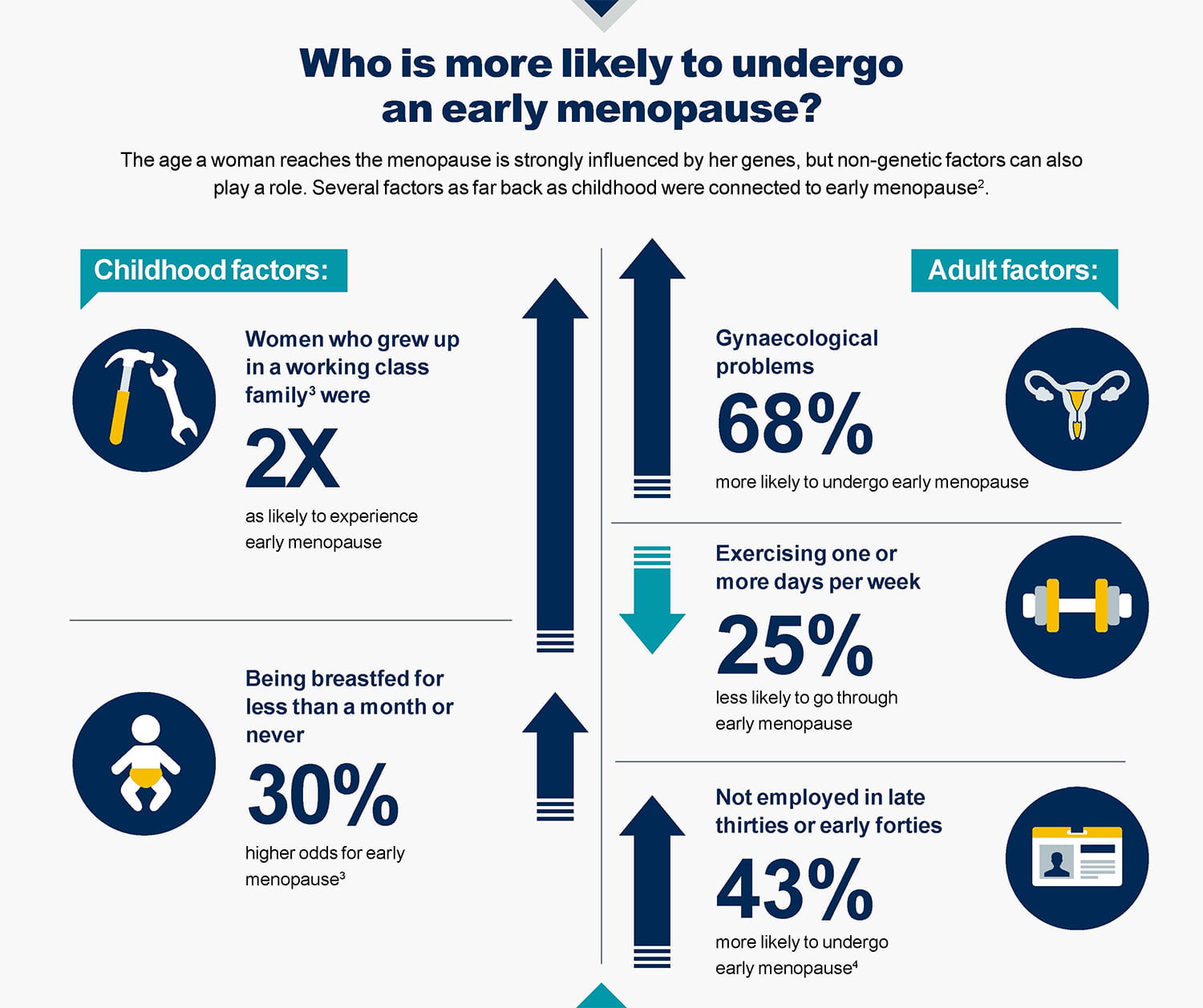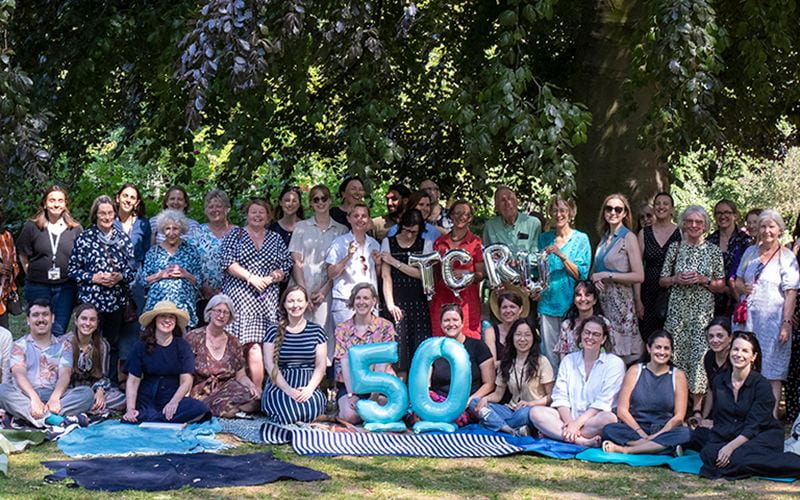Bridging research and policy: the role of science-policy organisations in evidence-informed policymaking
By IOE Blog Editor, on 2 December 2025

Credit: 2024 Alejandro Salinas Lopez “alperucho”.
2 December 2025
By Jessica Ko
In an era where policy decisions increasingly demand robust evidence, science-policy organisations (SPOs) are emerging as pivotal actors in shaping more equitable and effective public systems. However, extant research has largely focused on the role of the individual knowledge broker rather than organisational factors in the policymaking process. This is a research gap that our British Academy-funded research project hopes to address. (more…)
 Close
Close











